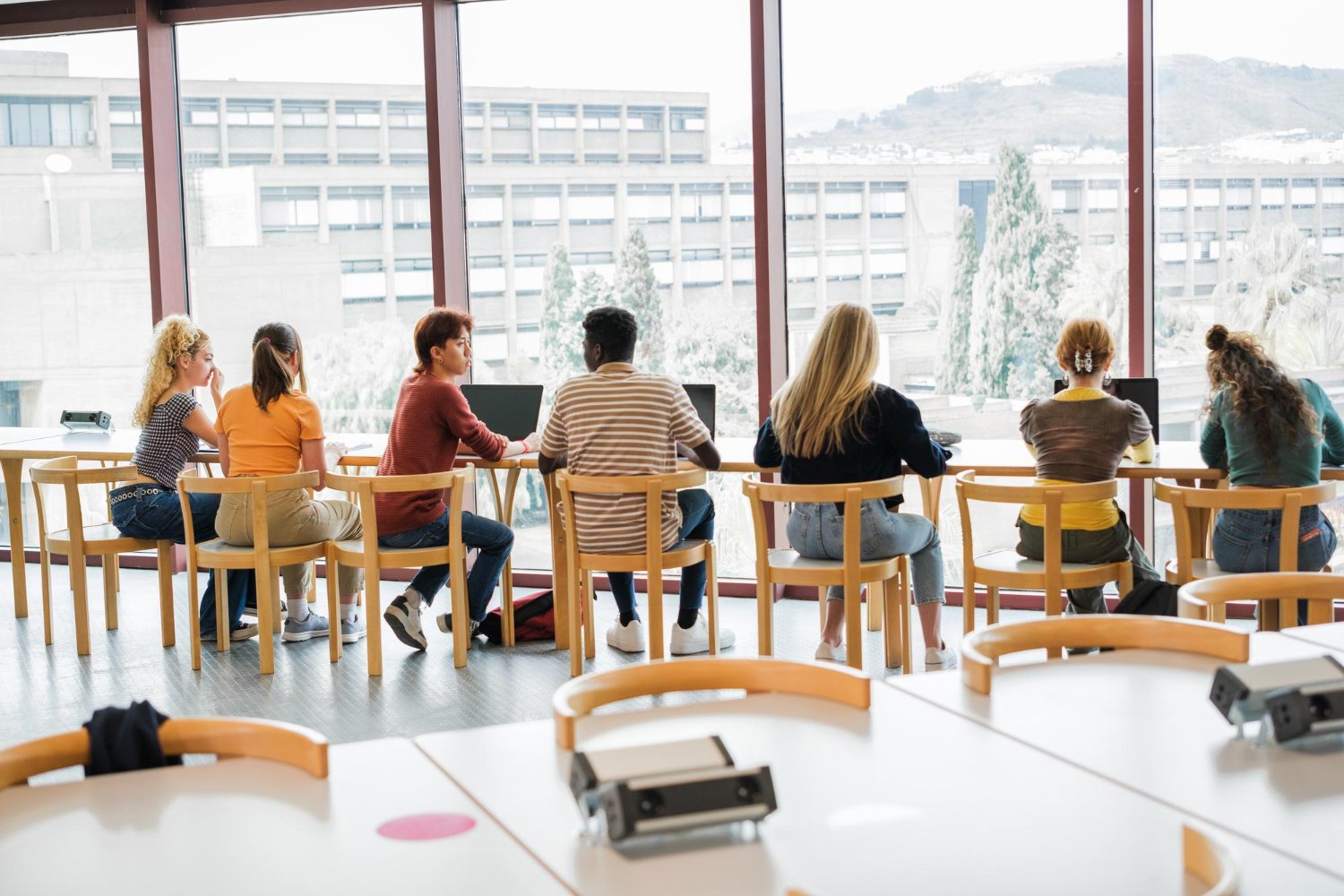Breaking the Social Innovation Code.
Why we need to break the social innovation code to make a better world.
Breaking the Code.
Breaking the social innovation code is complex.
Whilst we present a framework to help us get better at it we need to recognise it will not be broken once and for all. It needs to be broken every day. Social problems are never fully solved they are resolved over time and we need to adopt a mindset of constant vigilance. This is because they shift and adapt. We have the tools but we need to become master craftsmen, considering the long term impact of our interventions.
The Vehicle.
We (and a lot of organisations around the world) believe that social entrepreneurs working in partnership with their communities are the best ones to drive social change. However, they need support during the innovation process and a radical change in how we fund them. We think they are best equipped because they have the character and drive to make “impact” the central aim.
The Path.
We believe that inclusive innovation is by far the best path to securing the kind of results we need to create a better world and to see people’s lives changed and saved both now and in the future. But we need to understand how innovation works and how ideas emerge and are tested. Social Entrepreneurs are open to learn and a good innovation process equips them to do just that.
The Destination.
Few would disagree that social impact is the most important outcome of all our work but it is often clouded by other people’s views and goals. It is a sad state of affairs when the potential impact is diluted or reduced when politics plays a role. Good entrepreneurs, able to innovate and focus on maximum impact is the only approach that will break the code.
The Territory.
It is impossible to break the code without a clear understanding of the lives impacted by the challenges we face and the territory they occupy. Change starts at grassroots within our shared social commons. They are often the voiceless passengers and lack the power to change things themselves. That is why it is important they become active partners in social change as it develops.

“In complexity there is no silver bullet, only silver buckshot.”
— Mark Cabaj
Sacred Economics: Money, Gift, and Society in the Age of Transition.
We have bigger houses but smaller families;
more conveniences, but less time;
We have more degrees, but less sense;
more knowledge, but less judgement;
more experts, but more problems;
more medicines, but less healthiness;
We’ve been all the way to the moon and back,
but have trouble crossing the street to meet
the new neighbour.
We’ve built more computers to hold more information to produce more copies than ever, but have less communications;
We have become long on quantity,
but short on quality.
These times are times of fast foods;
but slow digestion;
Tall man but short character;
Steep profits but shallow relationships.
It is a time when there is much in the window,
but nothing in the room.
- Charles Eisenstein.



